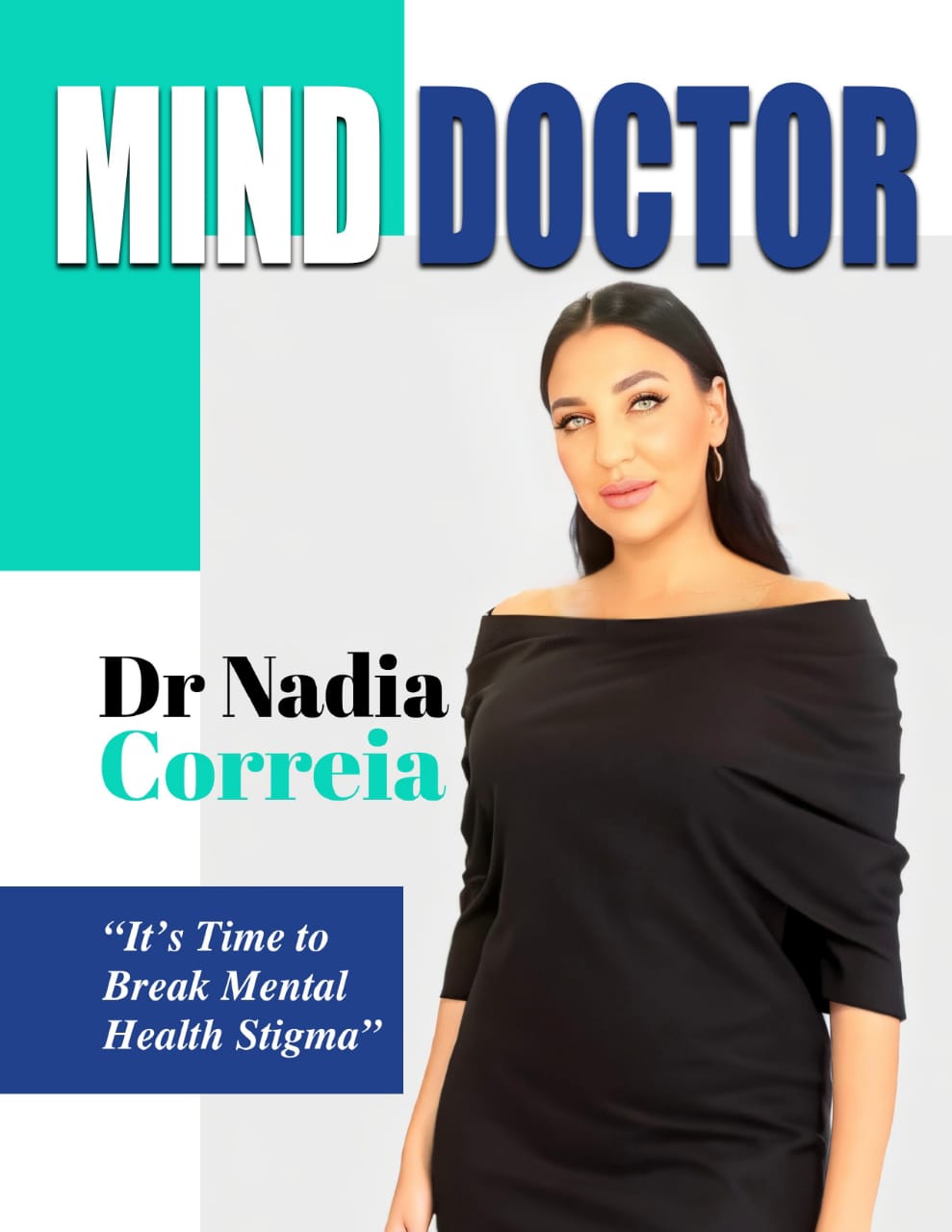Cognitive Behavior Therapy For Addiction
Drug addiction can be cured in several ways. Usual drug rehabilitation facilities are most frequently tried for cure of addiction to drugs. One of the less frequently used ways of curing addiction to drugs is Cognitive Behavior Therapy (also known as CBT). Mostly it is used to treat phobias, anxiety, depression and other mental problems. It has been found useful in treating addiction to drugs.
What is CBT?
CBT assumes that feelings and behaviors of individuals are caused by the thoughts of the individual; not by outside factors such as events, circumstances, situations and people. Individuals may not be able to alter their circumstances, but they can always change their thinking about the circumstances; therefore they can alter their feelings and behaviors.
CBT tries to educate the addicts to identify the situations in which they are most likely to use drugs or alcohol and to cope with the feelings and behaviors that may lead to use of drugs or alcohol.
CBT is a short term therapeutic approach to treating addiction by using the same learning process the drug abuser used to develop addiction to alcohol or drugs in the first place.
Components of CBT:
Cognitive Behavior Therapy for drug addiction has two main components: (i) Functional analysis and (ii) Skills training.
The first part (i.e. functional analysis) involves working to find out and identify the feelings and thoughts of the drug abuser before and after abusing alcohol or drugs. It also identifies the situations and circumstances which lead to abuse of drugs or alcohol and the factors that make it difficult for the alcoholic to cope with the addiction. This component helps to recognize the risk factors that may lead to relapse.
The second component (i.e. skills training) includes teaching the alcoholic to alter his/her thinking about the use of alcohol or drugs. The therapist tries to teach the skills to deal with and shun from the circumstances that lead to drug abuse. The alcoholic is taught to alter old habits and develop new healthier habits. The objective of this component is to make the addict learn better skills to deal with addiction.
Duration of cognitive behavior therapy:
CBT is usually a short term process. It is a very goal oriented and structured process that focuses on immediate problems caused by addiction. Usually there are twelve to sixteen short sessions of CBT.



